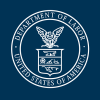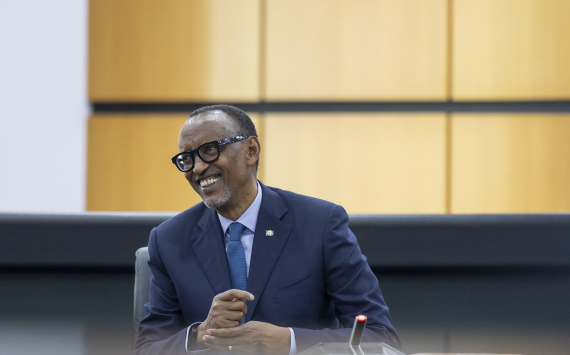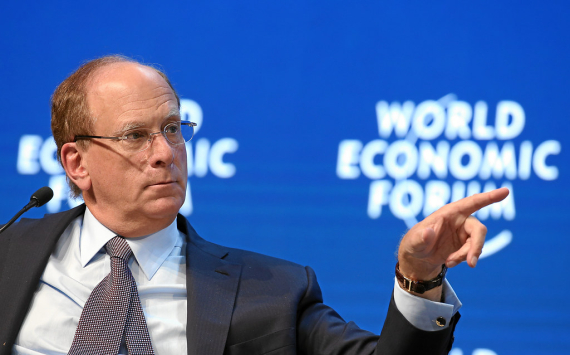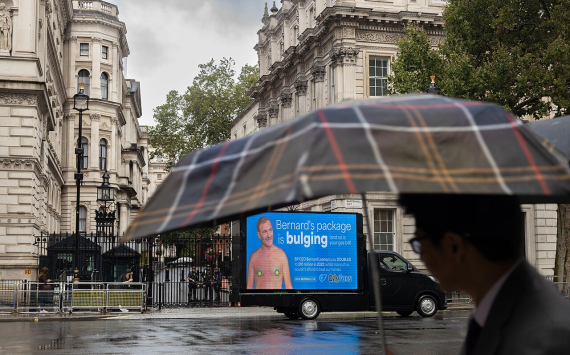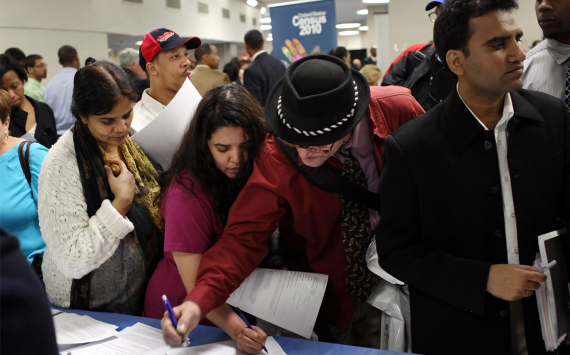
Wage hikes
US workers expect one of the biggest pay rises in more than a decade, reflecting an extremely tight labour market and the highest inflation in 30 years.
A Conference Board survey released on Wednesday shows companies are deferring 3.9% of total payrolls for pay rises next year, the steepest annual jump since the 2008 financial crisis. The estimate is from April, when the Conference Board predicted that companies planned to increase wages by 3%.
The report highlights how long companies are looking to attract new hires: rising wages for new hires, along with accelerating inflation, were the main factors behind the surge in pay rises.
Almost half of respondents 46% said pay rises for new hires played a role in the pay rise, while 39% said rising inflation had an impact on their decision.
As well as predicting pay rises in 2022, businesses are already raising salaries for their employees. The survey showed that the average actual increase in 2021 increased from the survey period in April to November. The average business increased its salary budget by 3% in 2021, up from 2.6% in April.
The actual increase also increased between April and November. According to the report, medium-sized businesses have already increased their wage budgets by 3% in 2021.
The increase was particularly noticeable among workers under 25 and people who have changed jobs in the past year, suggesting that the pay rise was largely among newly hired employees. Faster wage increases for new hires have led to a phenomenon known as "wage compression", whereby employee seniority premiums are reduced. As a result, more experienced workers, feeling that their pay advantage is no longer significant, set off to look for a new job, leading to increased turnover of more experienced workers.
Faced with high turnover, employers will raise wages faster for current employees in order to maintain the payroll. The US is currently struggling with a record high rate of layoffs, with the Labor Department reporting last month that 4.4 million Americans, or about 3% of the country's workforce, left their jobs in September.
At the same time, higher inflation has shown no sign of slowing, increasing employers' need to increase cost-of-living adjustments for workers.


